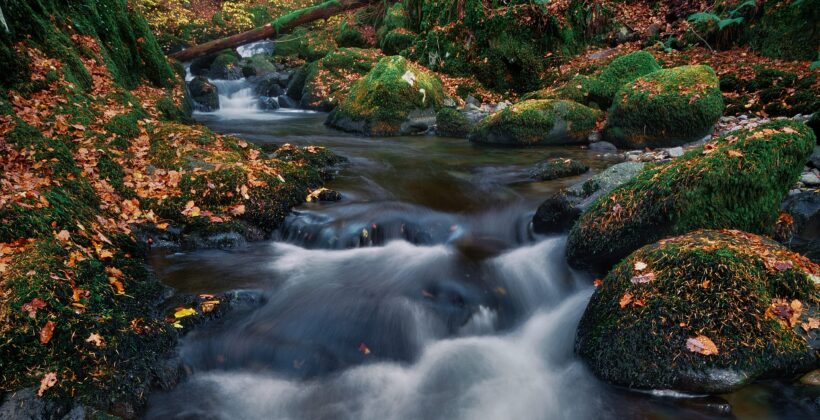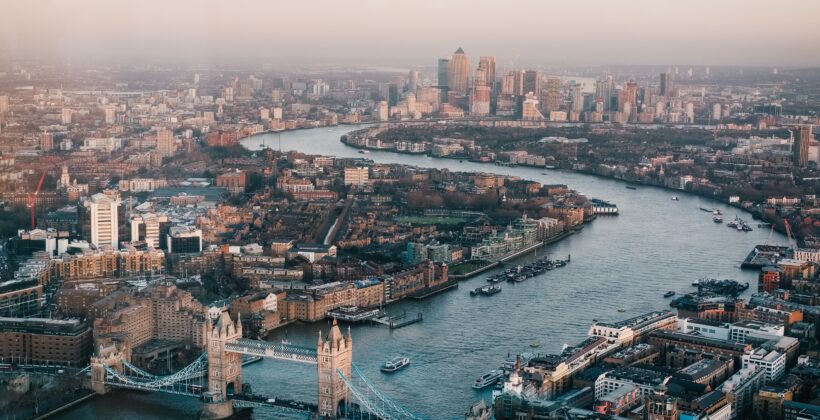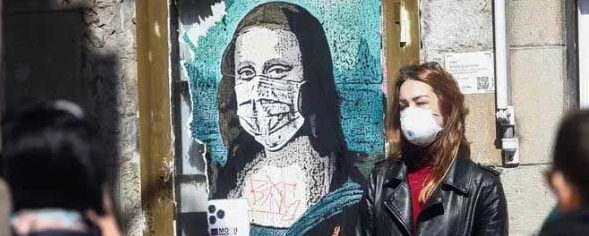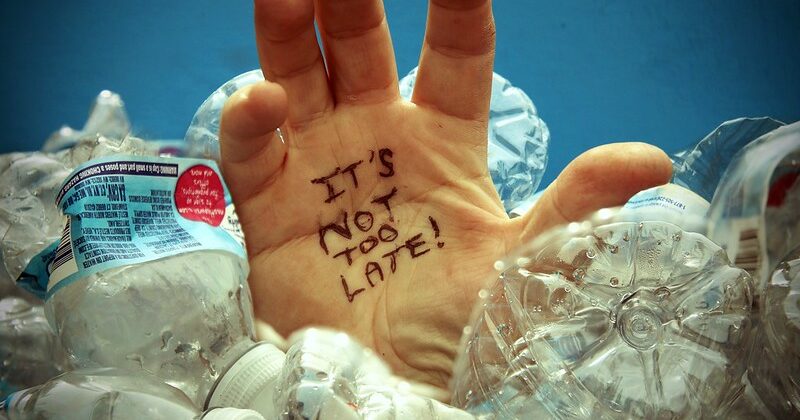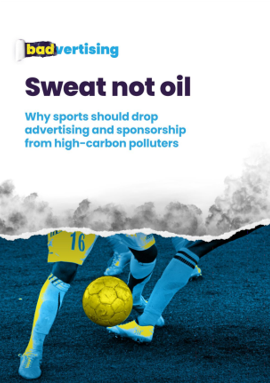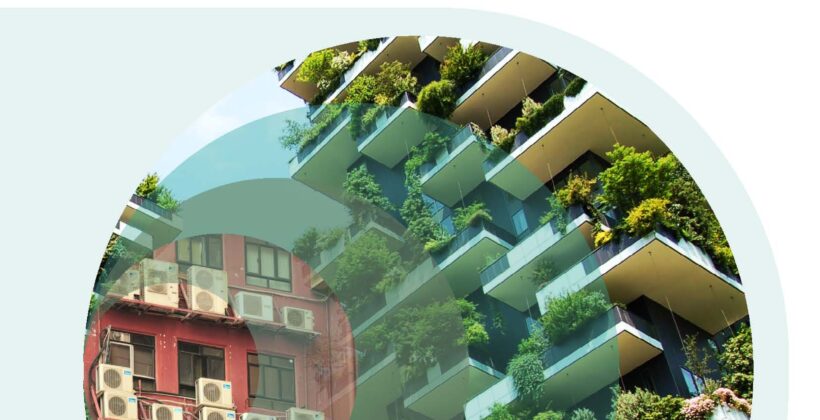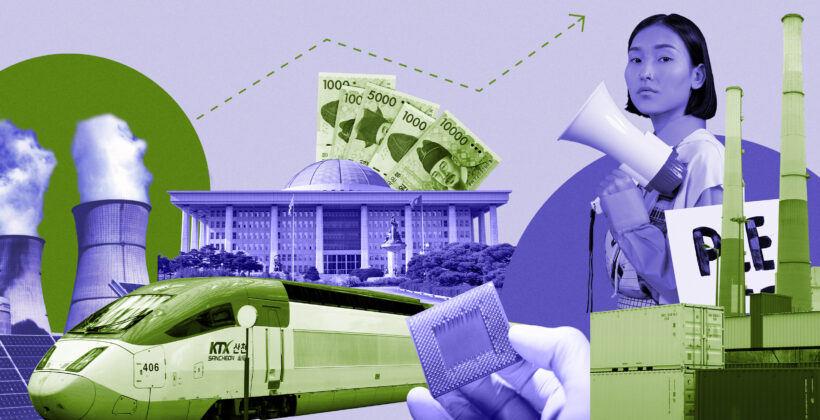Information technology, artificial intelligence and big data have the ability to greatly accelerate business-as-usual, which could mean more inequality, surveillance and overconsumption. But the intelligent use of digital technology can also coordinate, mobilise and speed up progressive change.
Big issues are who owns and controls the digital economy, what its priorities are and who has access to it. The potential of ‘open source’ software and hardware, and whether the technologies and sector themselves are environmentally sustainable, are just two of the big questions. But there are communities, groups and enterprises around the world who are taking the best that the technology has to offer and turning it to the task of rapid transition.


